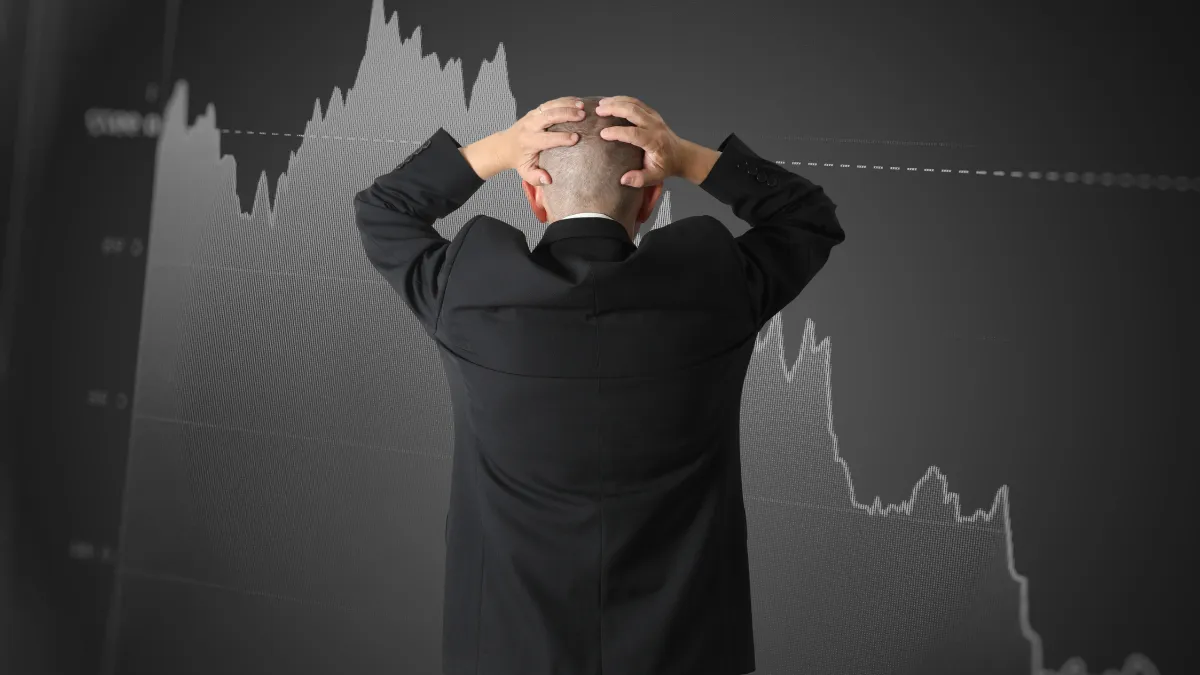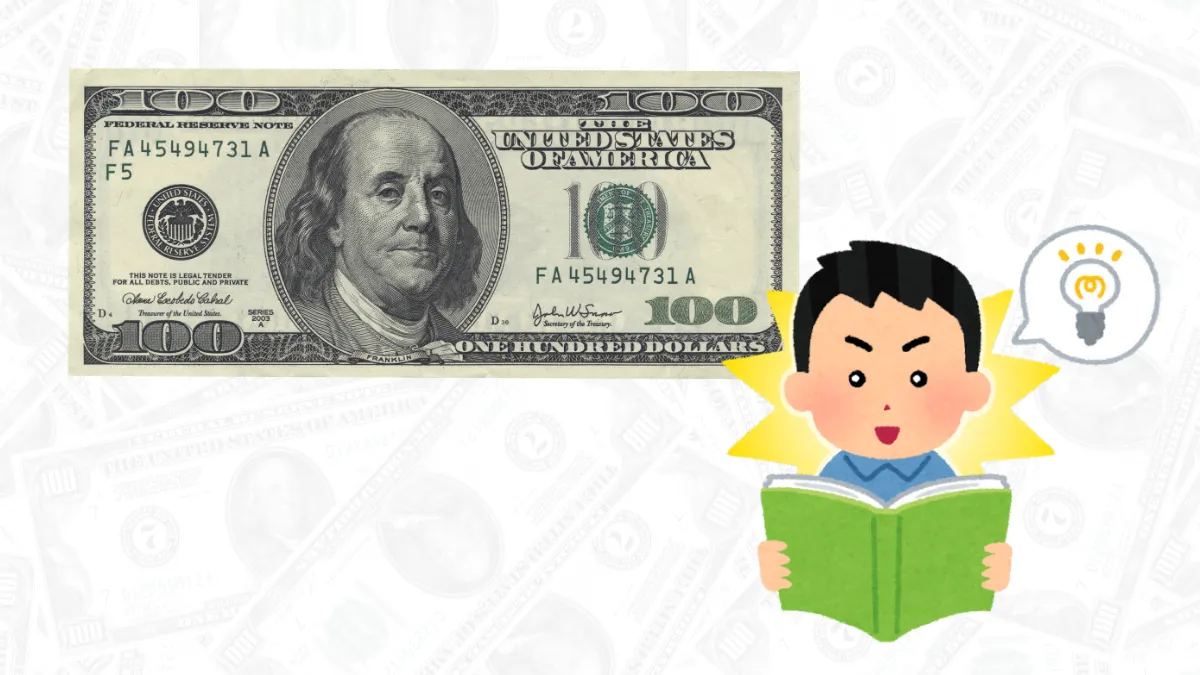Hidden Risks of ETFs: Can Your Portfolio Withstand the Max Drawdown During a Market Crash?
Index ETFs (such as products tracking the US S&P 500 Index) have become core tools for many people's long-term investments and retirement planning.This is completely understandable because ETFs offer huge advantages of low cost, high transparency, and instant diversification.
They are undoubtedly a remarkable invention in modern investing.
However, if we examine ETFs using the "max drawdown" metric learned from the previous article, we find a crucial fact often overlooked in most discussions.
The Reality Behind the Data: The Cost of Passive Investing
The core design of ETFs is to "passively" track a market index.This means that when the market rises, your assets appreciate accordingly; but when systemic risk erupts and the market declines broadly, ETFs faithfully replicate the market's losses.
Let's review several major market crises in history:
- 2008 Financial Crisis: Global stock market crash, ETFs tracking the US S&P 500 Index experienced a max drawdown exceeding -50%.
- 2020 COVID-19 Pandemic Shock: Although shorter in duration, global markets plunged sharply within weeks, with major market indices experiencing around -30% severe drawdowns.
These cold numbers are not alarmist but actual historical events.
They represent the potential maximum losses you might face when holding broad market ETFs.
Questions You Must Honestly Face
Now, imagine this scenario:You invest 1 million in a broad market ETF as your long-term savings plan.
Unfortunately, a financial crisis hits, and within months, your account value drops to 600,000 or even 500,000.
At this moment, honestly ask yourself:
- Can you remain calm and continue executing your original investment plan amid a significant asset shrinkage and a pessimistic market atmosphere?
- Can you bear the enormous psychological pressure when you see years of savings evaporate by nearly half in a short period?
- If during that time you urgently need cash due to personal reasons and are forced to sell assets at very low prices, how much permanent damage would this cause to your financial situation?
This is the inherent challenge of a pure ETF holding strategy.
Its "passive" nature means it lacks active defense mechanisms against extreme risks.
For investors with low risk tolerance or who cannot endure severe asset volatility, such a level of value decline can be disastrous.
Conclusion: Understanding the Limitations of the Tool
We must emphasize that ETFs themselves are excellent financial instruments.For investors with very long investment horizons (e.g., over 20 years) who can completely ignore huge fluctuations along the way, ETFs remain very effective.
However, if you seek smoother asset growth, if you want to profit when the market is good and "effectively control losses" when the market is bad, then you may need to consider whether there are other strategies to supplement or replace simply holding ETFs.
If there is an investment approach that allows you to be equally worry-free and effortless but more actively manage the risk of max drawdown, would you want to learn more?
Series Preview:
We have clearly identified the problem. In the final article, we will explore an investment model designed to address this core pain point.
Hi, we are the Mr.Forex Research Team
Trading requires not just the right mindset, but also useful tools and insights. We focus on global broker reviews, trading system setups (MT4 / MT5, EA, VPS), and practical forex basics. We personally teach you to master the "operating manual" of financial markets, building a professional trading environment from scratch.
If you want to move from theory to practice:
1. Help share this article to let more traders see the truth.
2. Read more articles related to Forex Education.
Trading requires not just the right mindset, but also useful tools and insights. We focus on global broker reviews, trading system setups (MT4 / MT5, EA, VPS), and practical forex basics. We personally teach you to master the "operating manual" of financial markets, building a professional trading environment from scratch.
If you want to move from theory to practice:
1. Help share this article to let more traders see the truth.
2. Read more articles related to Forex Education.





